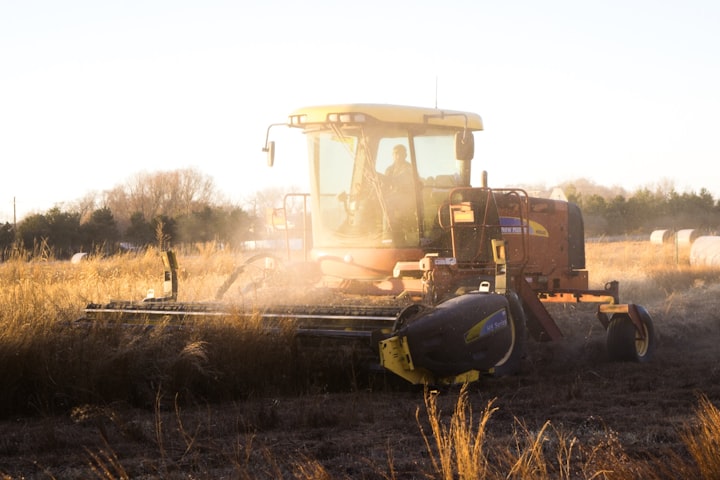In recent years, there has been a growing interest in organic farming as a way of producing food in a more sustainable and environmentally friendly manner. Organic farming is an agricultural system that uses natural inputs and methods to cultivate crops and raise livestock.
It aims to produce food in a way that is both ecologically and socially responsible, while also promoting biodiversity, reducing the use of synthetic fertilizers and pesticides, and minimizing waste. While there are many benefits to organic farming, there are also some challenges that must be addressed.
Benefits of Organic Farming
One of the main benefits of organic farming is that it promotes soil health and biodiversity. Organic farmers use techniques like crop rotation, cover cropping, and the use of natural fertilizers and soil amendments to maintain soil fertility and structure.
This leads to healthier soils, which in turn supports a diverse range of plants, animals, and microorganisms. This increased biodiversity can help control pests and diseases naturally, reducing the need for synthetic pesticides.
Another benefit of organic farming is that it can reduce the environmental impact of agriculture. Organic farming methods minimize the use of synthetic fertilizers and pesticides, which can have harmful effects on the environment, such as polluting waterways and harming beneficial insects and wildlife.
By reducing the use of these chemicals, organic farming can help protect the environment and promote sustainable agriculture.
Organic farming can also improve the nutritional quality of food. Studies have shown that organic crops contain higher levels of antioxidants, vitamins, and other beneficial nutrients than conventionally grown crops.
This is partly due to the fact that organic farming practices promote healthier soils, which in turn support the growth of more nutrient-rich plants.
Finally, organic farming can have social and economic benefits. Organic farms often employ more labor-intensive practices, which can create jobs in rural areas. Additionally, organic farming can provide small-scale farmers with a more stable source of income, as they are less reliant on volatile commodity prices.
Challenges of Organic Farming
While there are many benefits to organic farming, there are also some challenges that must be addressed. One of the main challenges is that organic farming typically requires more labor and expertise than conventional farming.
This is because organic farmers often rely on natural methods to control pests and diseases, rather than using synthetic pesticides. This can require more time and effort, as well as specialized knowledge, to implement.
Another challenge of organic farming is that it can be more expensive than conventional farming. Organic fertilizers and soil amendments, for example, can be more costly than synthetic alternatives. Additionally, organic farmers may need to invest in specialized equipment, such as weeders or cultivators, to manage weeds and maintain soil health.
Finally, organic farming can be more vulnerable to pests and diseases. Without the use of synthetic pesticides, organic farmers must rely on natural methods to control pests and diseases, such as crop rotation, intercropping, and the use of natural predators.
While these methods can be effective, they may not always provide the same level of protection as synthetic pesticides.
Conclusion
Organic farming has many benefits, including promoting soil health and biodiversity, reducing the environmental impact of agriculture, improving the nutritional quality of food, and providing social and economic benefits. However, it also has some challenges, such as requiring more labor and expertise, being more expensive than conventional farming, and being more vulnerable to pests and diseases. Despite these challenges, organic farming has become an increasingly popular and important way of producing food in a sustainable and environmentally friendly manner. By addressing these challenges and continuing to promote organic farming, we can create a more sustainable and healthier food system for all.







Comments
There are no comments for this story
Be the first to respond and start the conversation.